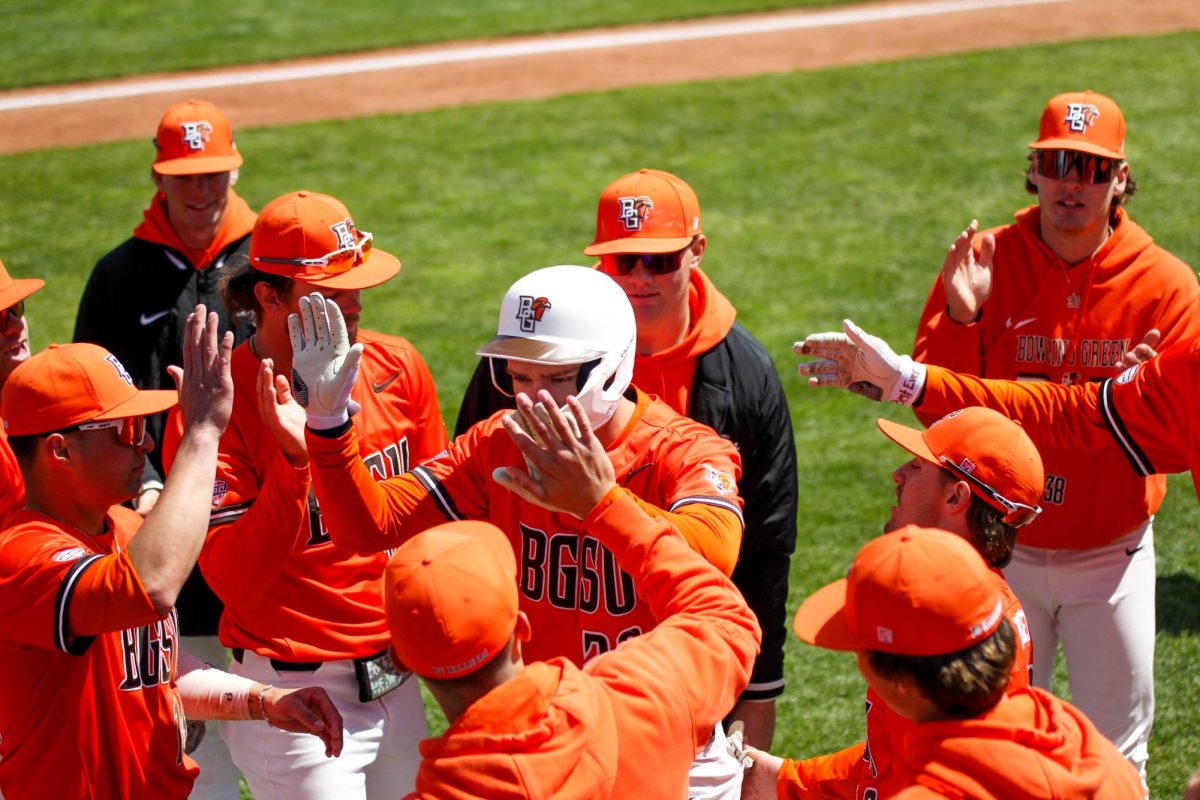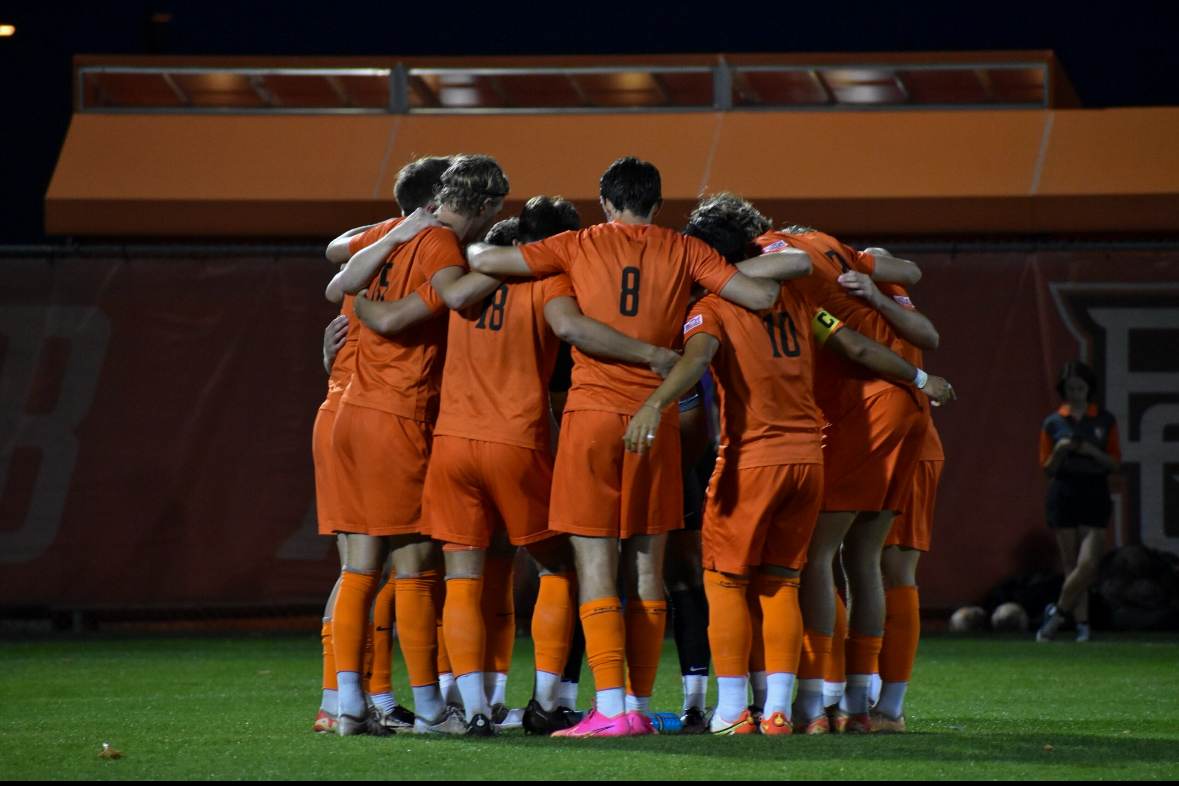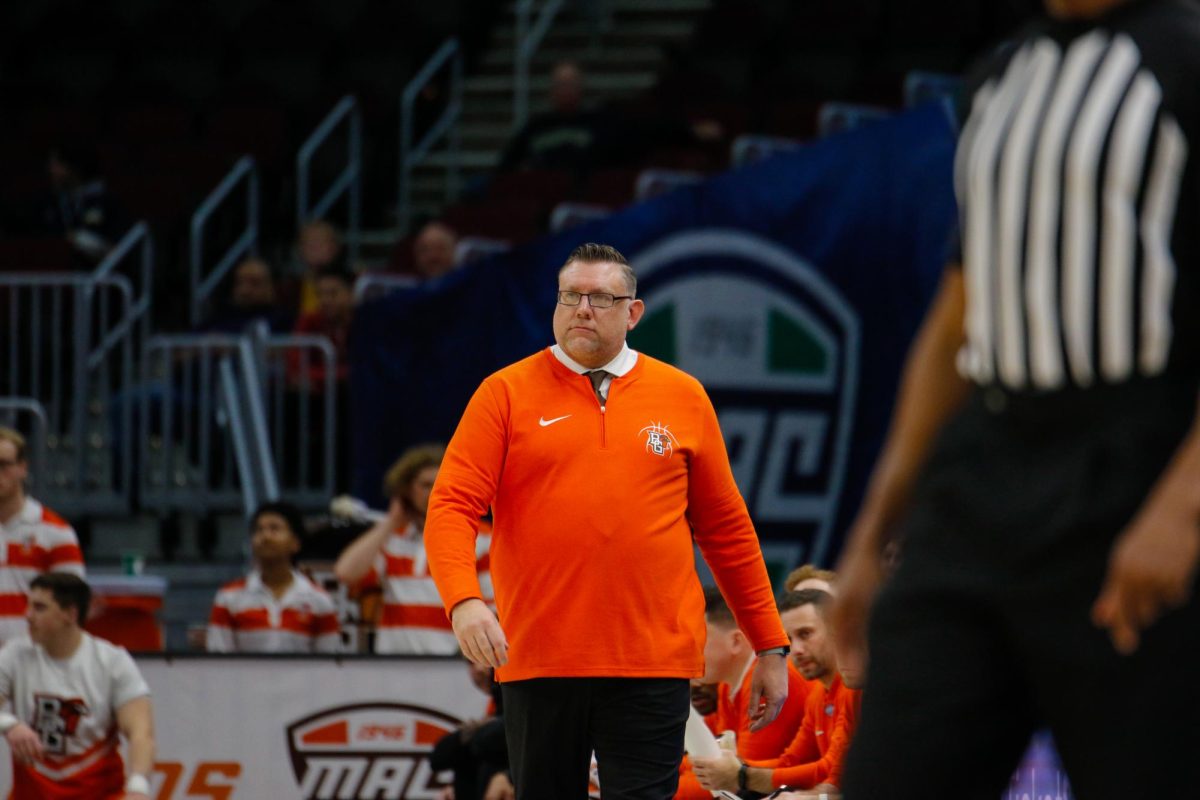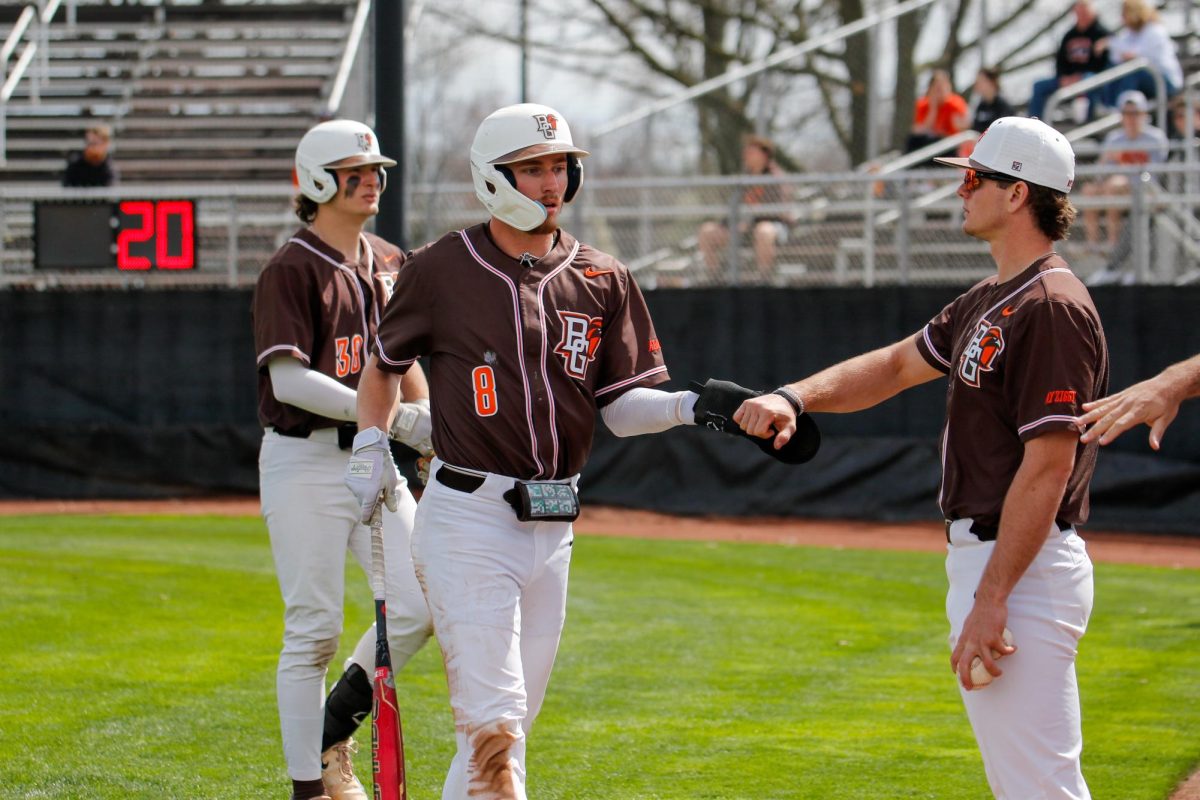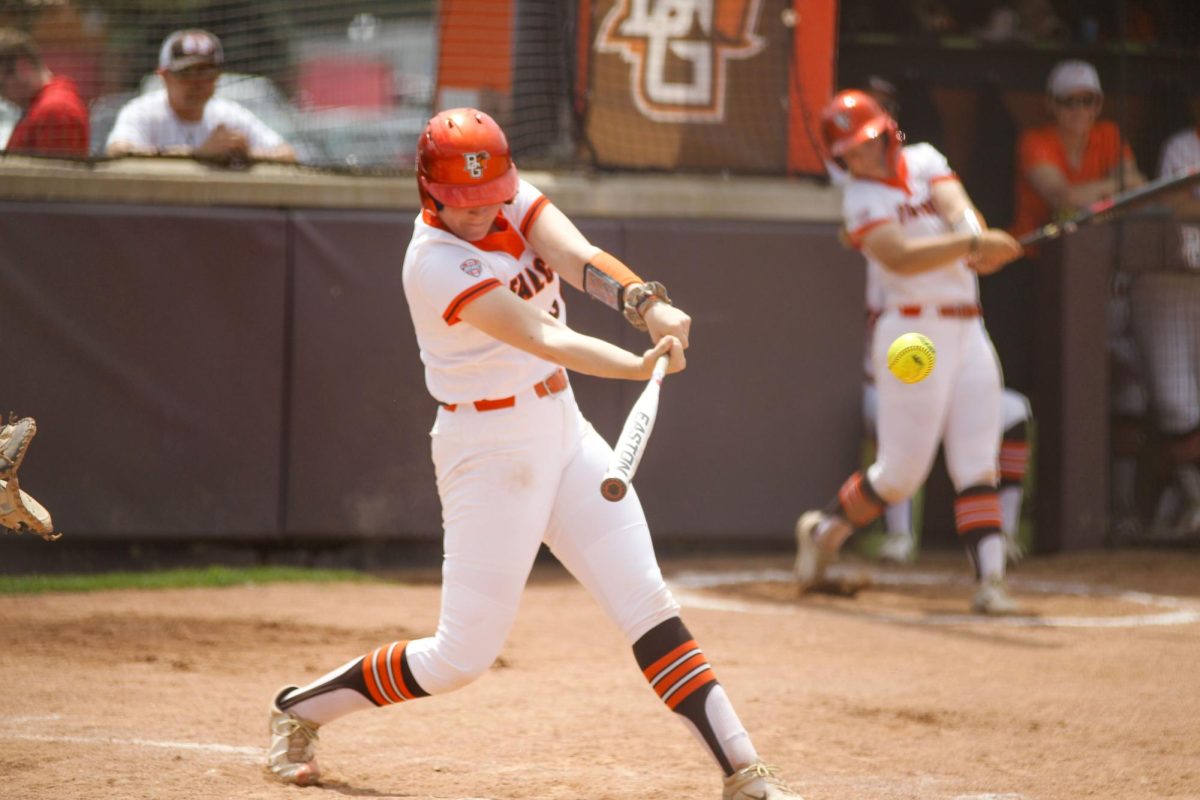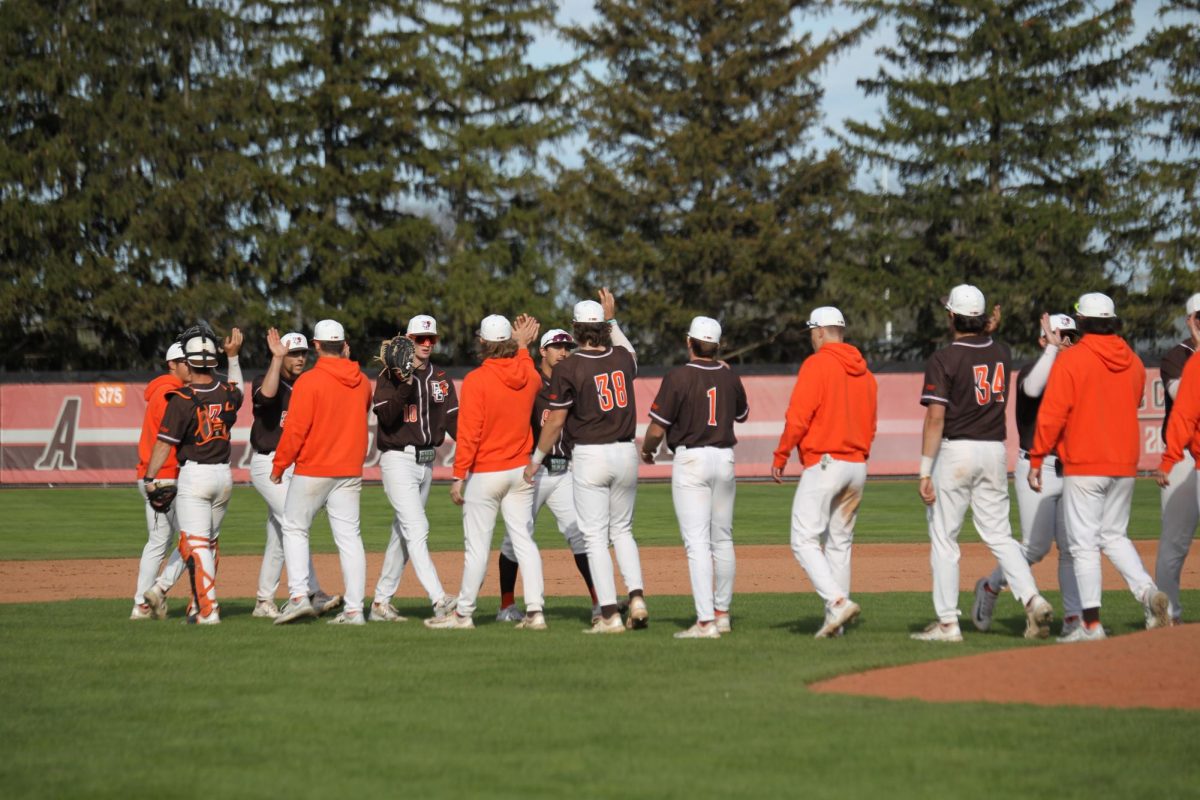When we think Dark Continent, we think thick jungle and wild animals and we think Africa.
In the Internet and cell phone age, when people are expected to be more conscious of the larger world than ever, the old Victorian England adage of the Dark Continent of Africa still applies. Only now it has taken a vastly different form and is still the product of a condition of ignorance born out of indifference.
The West used this term as a way to justify their ‘benevolent’ attempts at civilizing what they viewed as savage wastelands, void of culture and art. This term also highlighted the West’s ignorance about the African interior; places like Congo were described as ‘The Heart of Darkness’ by writers like Joseph Conrad.
These Old Age images may not be as exaggerated and overtly racist as they were then, but a lot of the exaggerations still apply. They continue to inform ideas about Africa and how the media chooses to cover the continent.
Today, Africa is the poster child for world dysfunction. It’s portrayed as dangerous, inhospitable and crawling with warring factions and starving kids. These are images of 20th Century Africa and they don’t seem to be letting up. These images seem to feed an old fascination with an image of the continent as a dark, evil, foreboding place.
The media is often guilty of disaster pornography, with a habit of blacking out African stock markets, cell phones and literacy while gleefully parading genocides and freak incidents. The end result of disaster pornography is that people become desensitized to calamity because Africa is now the poster child for all things bad. When the tragedy happens in the west, like in New Orleans, it is considered catastrophic in nature and the first comparison people make is with Africa.
I have on many occasions found myself having to justify how I am able to speak English, or how I have come to love the Simpsons to people who just can’t wrap their heads around the fact that television sets have existed in African households for a long time. Also, some people can’t wrap their heads around the idea that healthy, happy Africans exist. Not every African is starving or the victim of genocide.
This is part of the great folly of reliance on big media, and the reason why the Internet is the most democratic view of the world. I would be na’iuml;ve if I completely blanked out the many disasters and calamities that dot the continent. Yet the reality is, this continent is larger than continental North America and because there was genocide going on in one part doesn’t mean the whole continent is engulfed in war.
The sheer size and diversity of the continent makes it an enigma to many. I am African, but I’m as alien to Sudan or Mali as anybody in Bowling Green is to Mongolia. I share a continent, but I do not share language, culture or custom with all Africans. In the same way, you can be American and never live in New York or have any idea what it’s like in North Dakota.
As college students and responsible human beings, we need to learn to understand issues from varied perspectives. We need to look at Africa as a sum of its many parts. When the news says there is genocide in Rwanda, look at Rwanda and understand the crisis from that part of the continent. The news is obsessed with disaster when it comes to Africa, and good news about the continent probably doesn’t sell advertisements for the media.
As media consumers, how we choose to take the information given to us is important, whether considering news on Africa or any other part of the world.
‘
Respond to Hama at [email protected]






